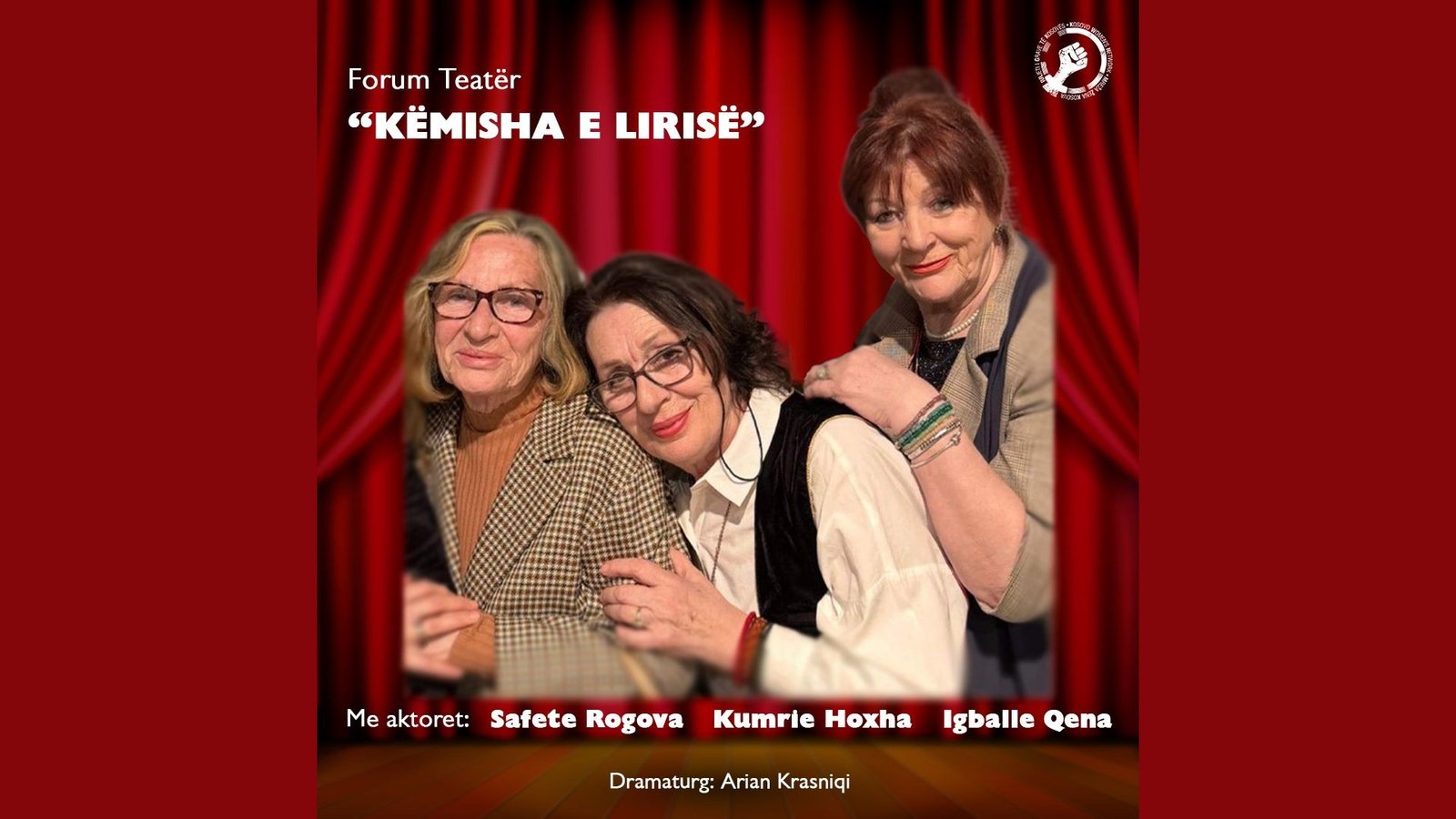Austria is a global model for the successful institutionalization of Gender Responsive Budgeting (GRB). First and foremost, GRB is ingrained in the Austrian Constitution itself, but perhaps even more important is the fact that Austria has concrete mechanisms at both local and federal levels that ensure the sustainable institutionalization of GRB. In May 2016 a Kosovo delegation visited Vienna for a study visit on GRB. Among others, the delegation was comprised of the Acting Head of the Agency for Gender Equality (AGE), Municipal Budget Directors, municipal Chief Finance Officers, Ministry of Finance (MoF) budget analysts, representative of the Ministry of Local Governance, and one KWN representative. The Delegation met with various Viennese as well as Federal Austrian institutions, to gain insight from their experience with this successful institutionalization.
Two particularly captivating meetings for the participants included meeting the Ministry of Finance, and the Budget Fraction of the Austrian Parliament. Representatives of the institutions heavily emphasized that it is very difficult, if not impossible to institutionalize GRB all by itself. It needs to be part of a general public finance reform. They further added that in Austria this reform took over 15 years, but GRB was a vital part of the reform, and that Austria could have never institutionalized GRB has it not been part of the reform from scratch one. This is a lesson persons working on GRB in Kosovo should bear in mind. Kosovo has indeed made many GRB-related successes in the past couple of years, but the successes have not yet occurred within a larger public finance reform picture.
The Municipal Directorate of the City of Vienna has a specific sector that works solely on GRB. This sector is made of experts on gender issues, gender sensitive planning, gender disaggregated statistics, and gender responsive budgeting. Advocating for GRB sectors in all budget directorates in Kosovo might be too overly ambitious at this point in time. However, what could be done in Kosovo that could be similar to the Viennese experience, is for the MoF to hire one GRB expert amongst its Budget Analysts.
Returning to the Federal Level, Gender Objectives, Activities, and Indicators are part of the Austrian mid-term planning documents, as well as annual budget laws. Furthermore, all Ministries at the Federal Level, are required to set 5 mid-term objectives, at least one of which needs to be directly related to gender issues. This is very valuable information that could also be implemented in Kosovo without too much effort. A simple re-organizing of the annual budget law could lead to this important result.
The fact that Austria has an inter-ministerial working group on GRB was also very interesting to hear. A similar group for Kosovo could be able to achieve important successes, including influencing the Medium Term Expenditure Framework/Medium Term Budget Framework, and Budget Circulars.
All in all, the Study Visit gave some important insights on mechanisms that help institutionalize and sustain GRB. The information gathered showed participants that while Kosovo has been making initial steps in this regard, a long and winding road is still ahead of us.
The study visit was organized by the Organization for Security and Cooperation Europe (OSCE) Mission in Kosovo.




